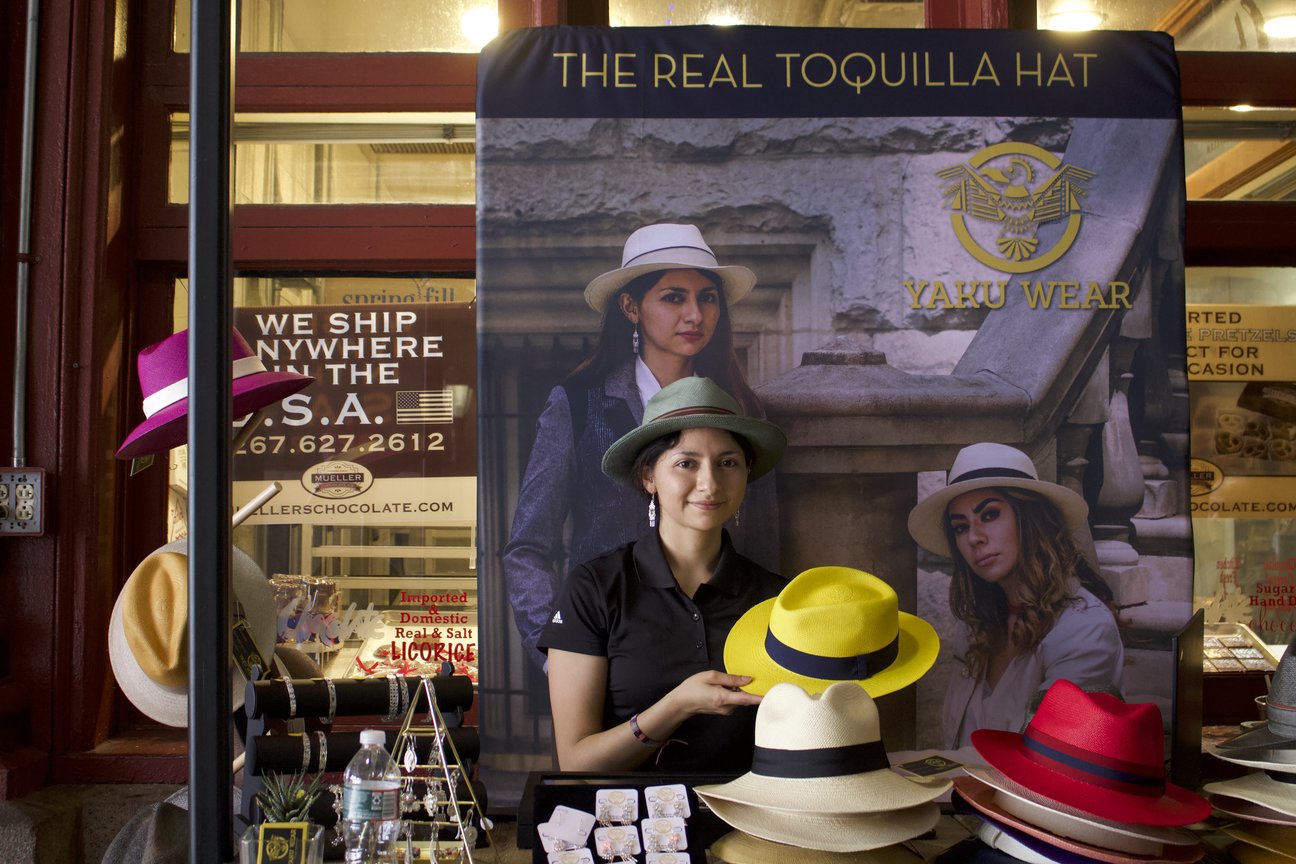
Ecuadorian entrepreneur sells hats to promote Ecuadorian heritage
Silvia Roldán is the founder of Yaku Wear, an online boutique that sells Panama hats made in Ecuador.
When Silvia Roldán was a child, she recycled old sheets of paper by using them to make small notebooks. She then started selling them to her friends.
That childhood venture would later plant the seeds for a future aspiration of owning her own business.
“I think since I was little, I wanted to have my own business, but I didn’t know how,” Roldán recalled during an interview with AL DÍA.
With help from her business degree and a local non-profit for immigrants, along with a natural desire to learn, Roldán fulfilled that dream in 2017 when she became the owner of Yaku Wear, an online boutique that sells Panama hats and silver jewelry.
WE ARE AT READING TERMINAL MARKET TODAY. - #girls #hatsty #panamahats #yakuwear #hatter #natural #summer #trending #travel #friends #hat #toquillahats #oufits #milenials #woman #Ilovehats #ilovephilly #handmade #outdoorlife #fashion #rittenhousesquare #readingterminalmarket pic.twitter.com/dTuoKWOesM
— Yaku Wear (@YakuWear) September 7, 2019
Roldán vendors almost every week to not only sell her principal products, but also to help others understand the process of making a Panama hat and the story behind its origin.
Silvia Roldán’s story began in Ecuador’s capital city of Quito. After spending much of her life in Santo Domingo, Roldán moved to the city of Cuenca to study at Universidad Tecnológica América.
After meeting her soon-to-be husband and earning a bachelor’s degree in business administration, Roldán and her husband decided to get married and start a new life together in the United States.
Originally, the two came to live in the suburbs of Lansdale, PA, an area Roldán described as “very, very isolated.”
“I didn’t have connections there,” she said, noting that she wanted to move closer to the city in order to make more friends and connect with different communities.
After moving to Philadelphia, Roldán began searching online for a place she could go to to help improve her English speaking and comprehension skills. That’s how she first came across the Welcoming Center for New Pennsylvanians.
Founded in 2003, the Welcoming Center for New Pennsylvanians has provided resources to more than 17,000 people from over 150 countries around the world to help them become more acclimated to Philadelphia, and American society as a whole.
Roldán is one of those 17,000-plus people, and gives the Welcoming Center a ton of credit for helping her grasp a better command of the English language through its ESL classes.
Moreover, she also credits the Welcoming Center for helping her develop her business idea through their Business Training Program at the Center.
The 12-week training program helped Roldán with the planning, marketing, management and operations for her eventual business.
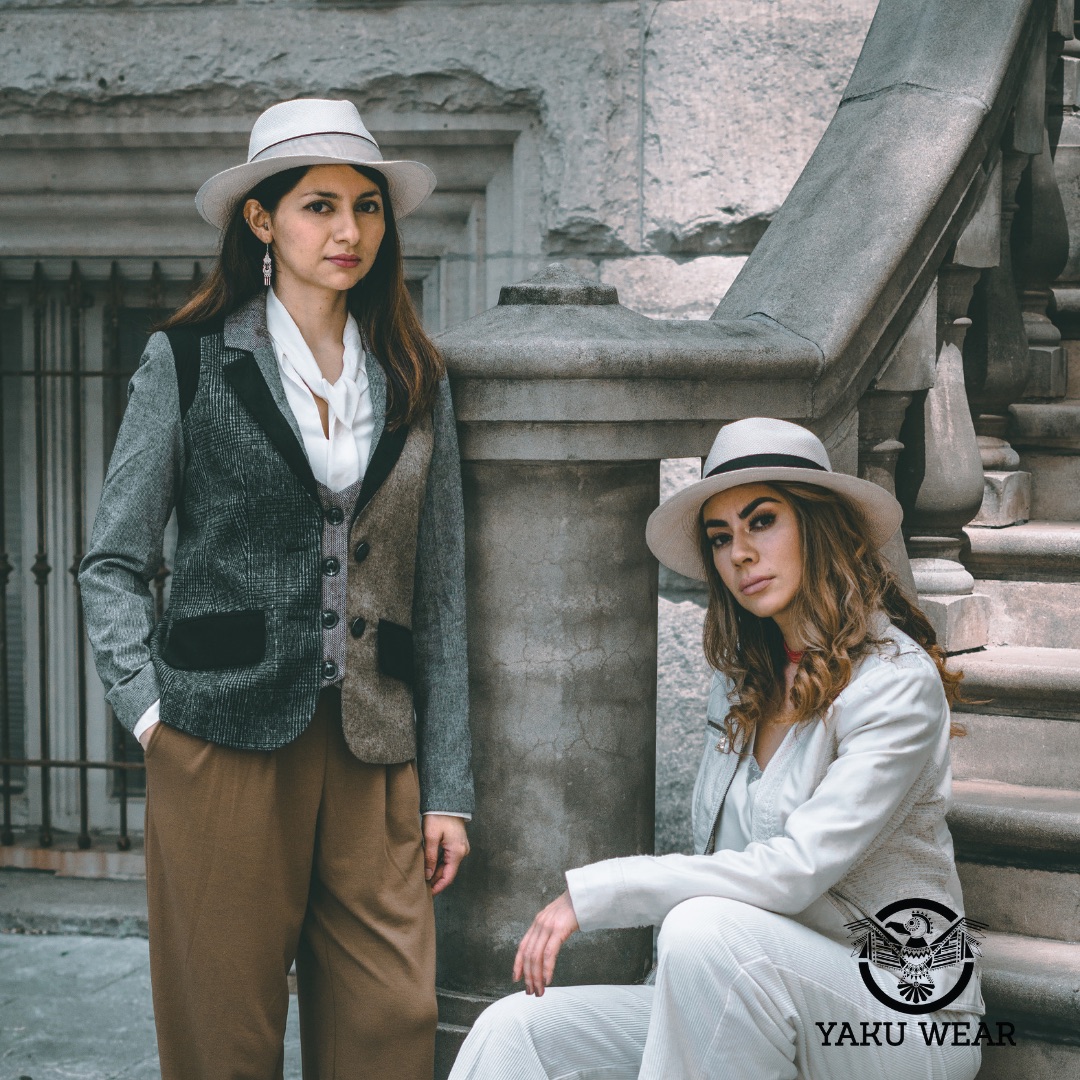 Photo Courtesy of Silvia Roldán of Yaku Wear.
Photo Courtesy of Silvia Roldán of Yaku Wear. In 2017, Roldán launched the online boutique, Yaku Wear, where she sells traditional and custom-made Panama hats, and jewelry.
She continues to volunteer at the Welcoming Center, and Roldán said that she has “kept in touch” with the many friends and connections she has forged through the Welcoming Center.
“Not too many people know about that,” said Roldán. “That is the thing that I want to let the people know—that it’s not from Panama, it’s from Ecuador,” she added.
RELATED CONTENT
The craft tradition is often passed down from generations, and the weaving of the hats are, for the most part, done by hand.
In 2012, the art of weaving a traditional Panama hat was added to the UNESCO Intangible Cultural Heritage list, which aims to safeguard certain aspects of intangible heritage as essential components and repositories of cultural diversity and of creative expression.
The hats are often made using toquilla palm. The palm is then cultivated, harvested and turned into straw. After that, the straw is dried and bleached, which begins the weaving process of the crown and brim of the hat — a process, Roldán said, which is “very important... very delicate.”
“It takes from a month to nine months to make one [hat],” added Roldán.
When Roldán began brainstorming names for her business, she wanted to come up with a name that connected the hats with the way the hats are made.
The name ‘yaku’ is Kichwa, the language of the indigenous population in Ecuador, for ‘water.’
“I saw the connection between all of that. Between the pond, the water, indigenous, and the language, the final product is the hat. So, that is how I chose the name ‘yaku,’” said Roldán.
Roldán continues to import the hats from Ecuadorian artisans, and through a new project she hopes to soon start, customers will soon be able to have decorations on their hats.
The ability to have her own business has long been a goal. Roldán sees great value in the opportunity to make her own decisions, challenge herself, help others and also promote her country.
With Yaku Wear, she’s able to do all of the above, as well as spend quality time with her family, which, she says, is most important to her.
In the coming years, Roldán hopes to see her business grow enough to have a brick and mortar store in Center City Philadelphia, where she can sell her craft and continue helping people learn more about Ecuador and the significance of Panama hats.
You can find more information on Yaku Wear on Facebook, Twitter, or Instagram. You can also visit the Yaku Wear vendor stall at Reading Terminal Market or Cherry Street Pier during the weekends.


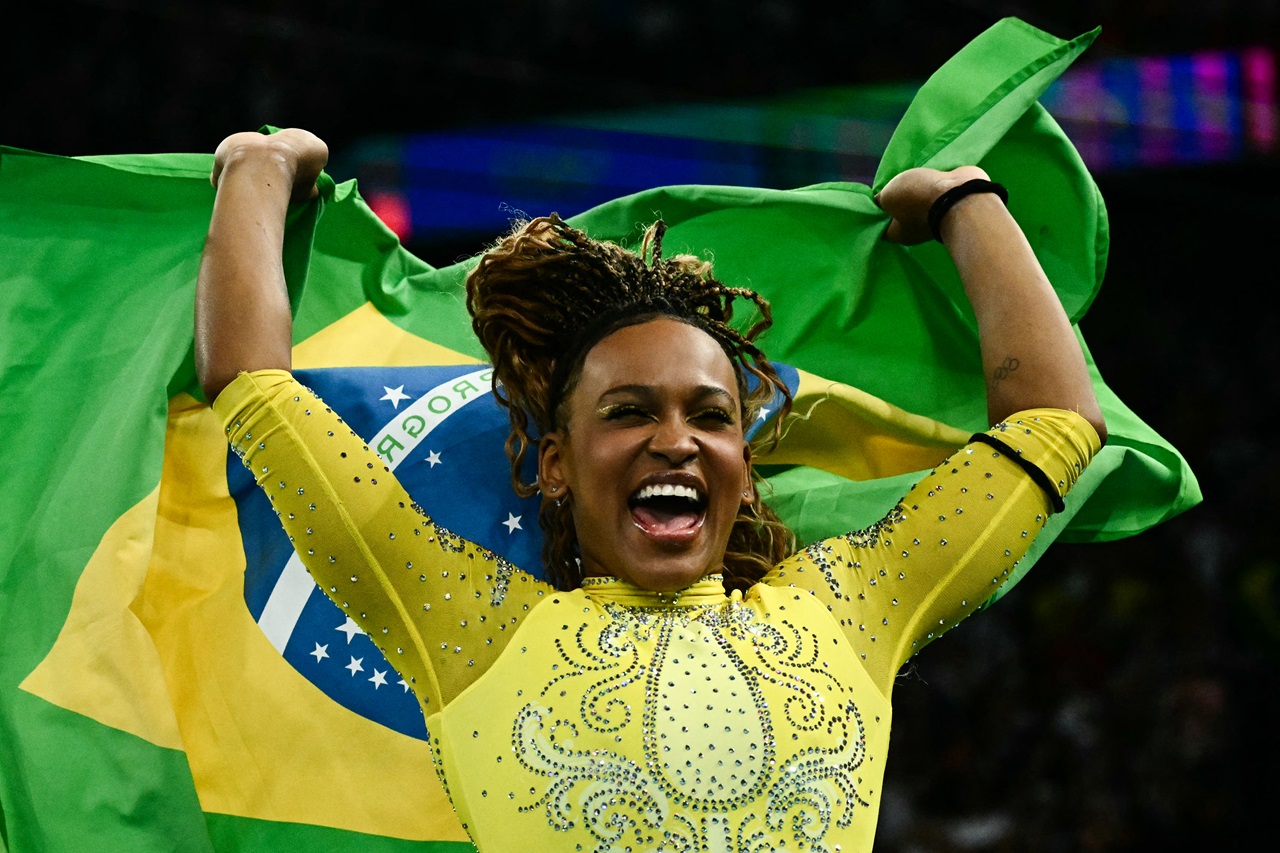
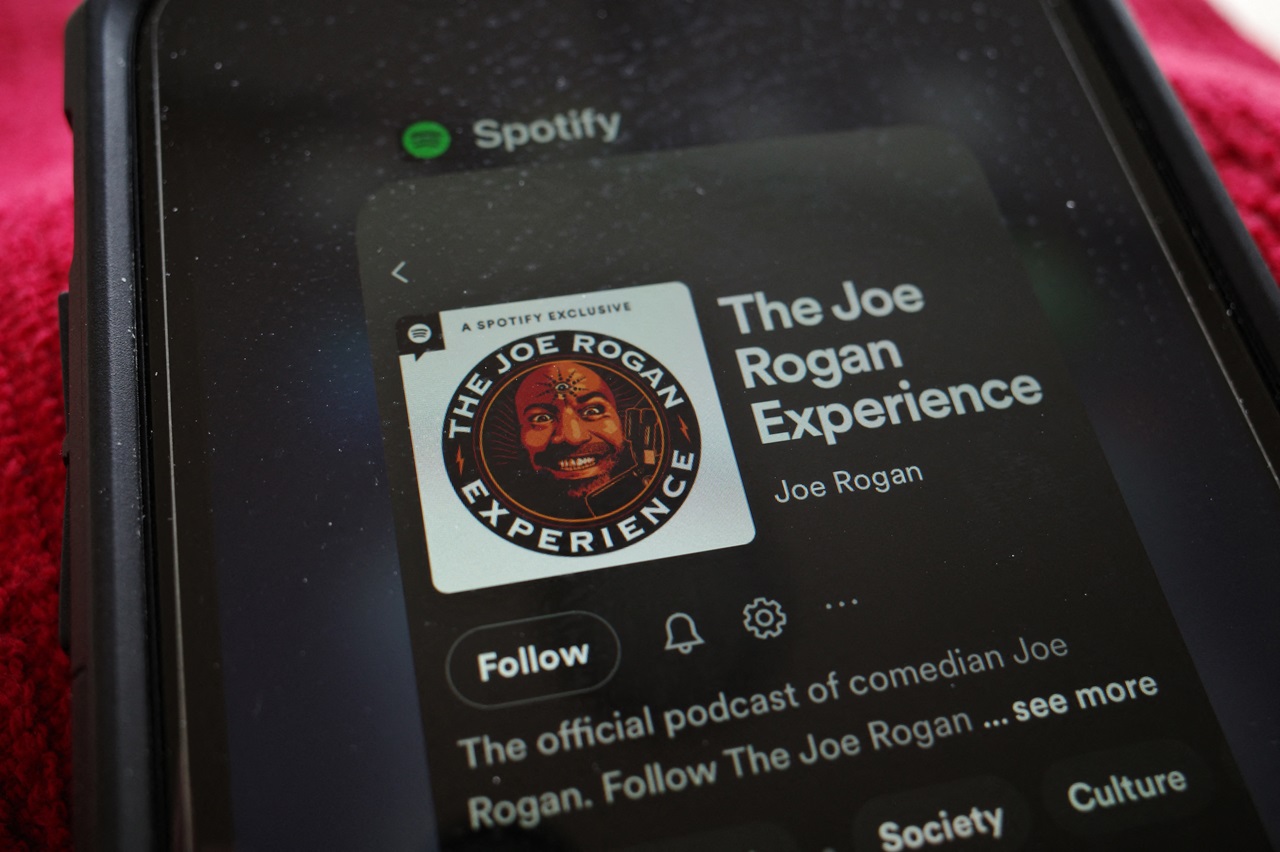
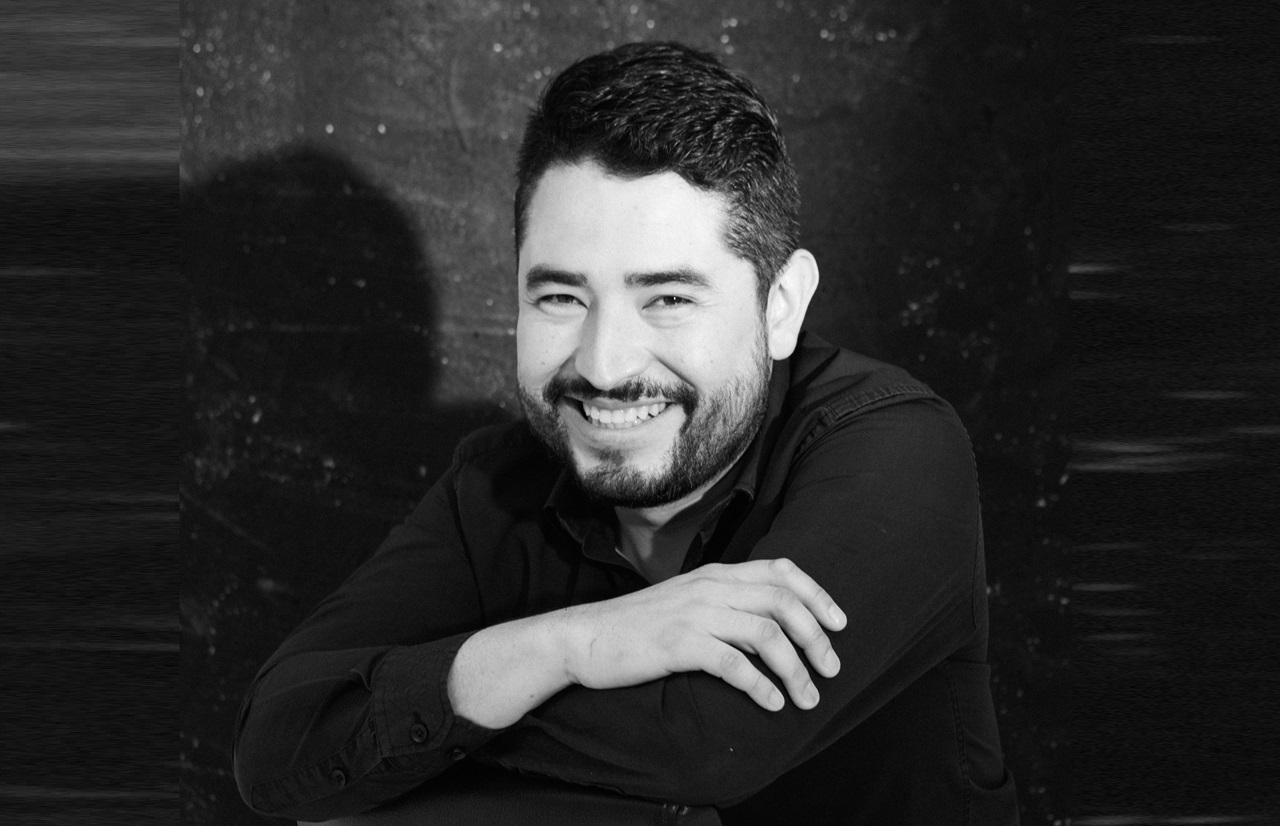

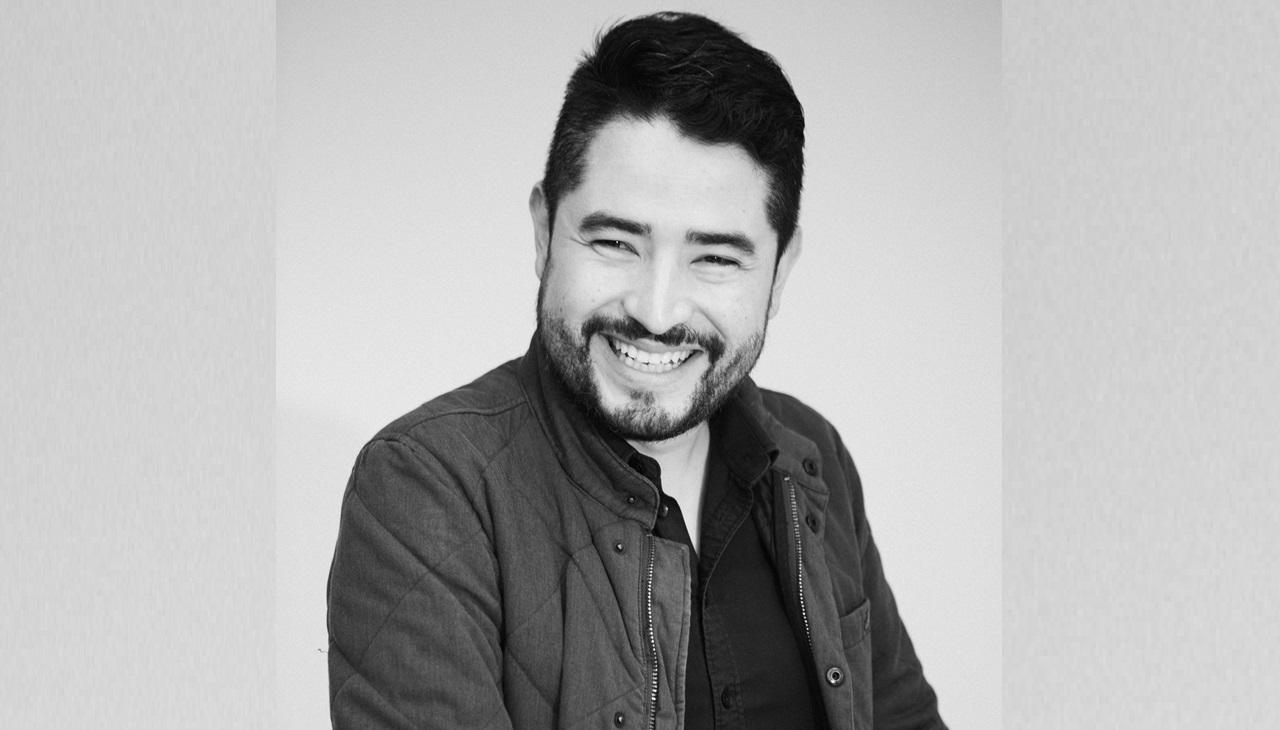
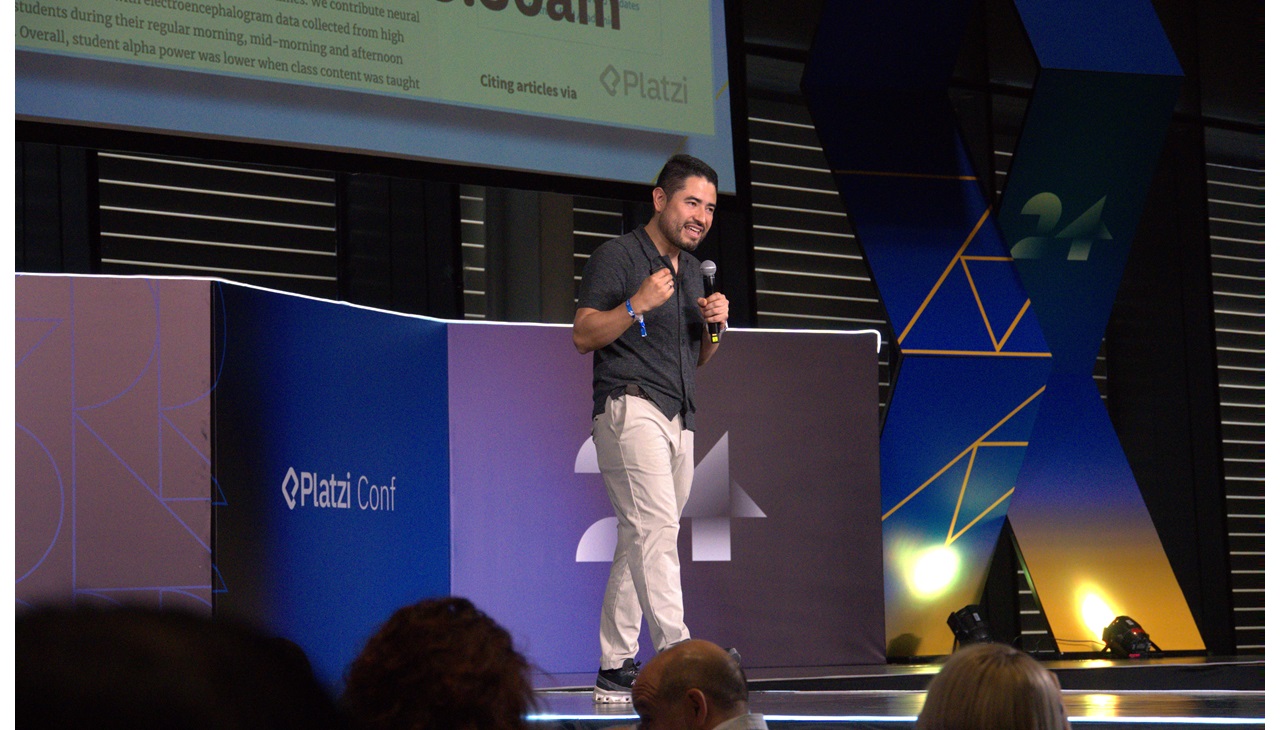



LEAVE A COMMENT:
Join the discussion! Leave a comment.